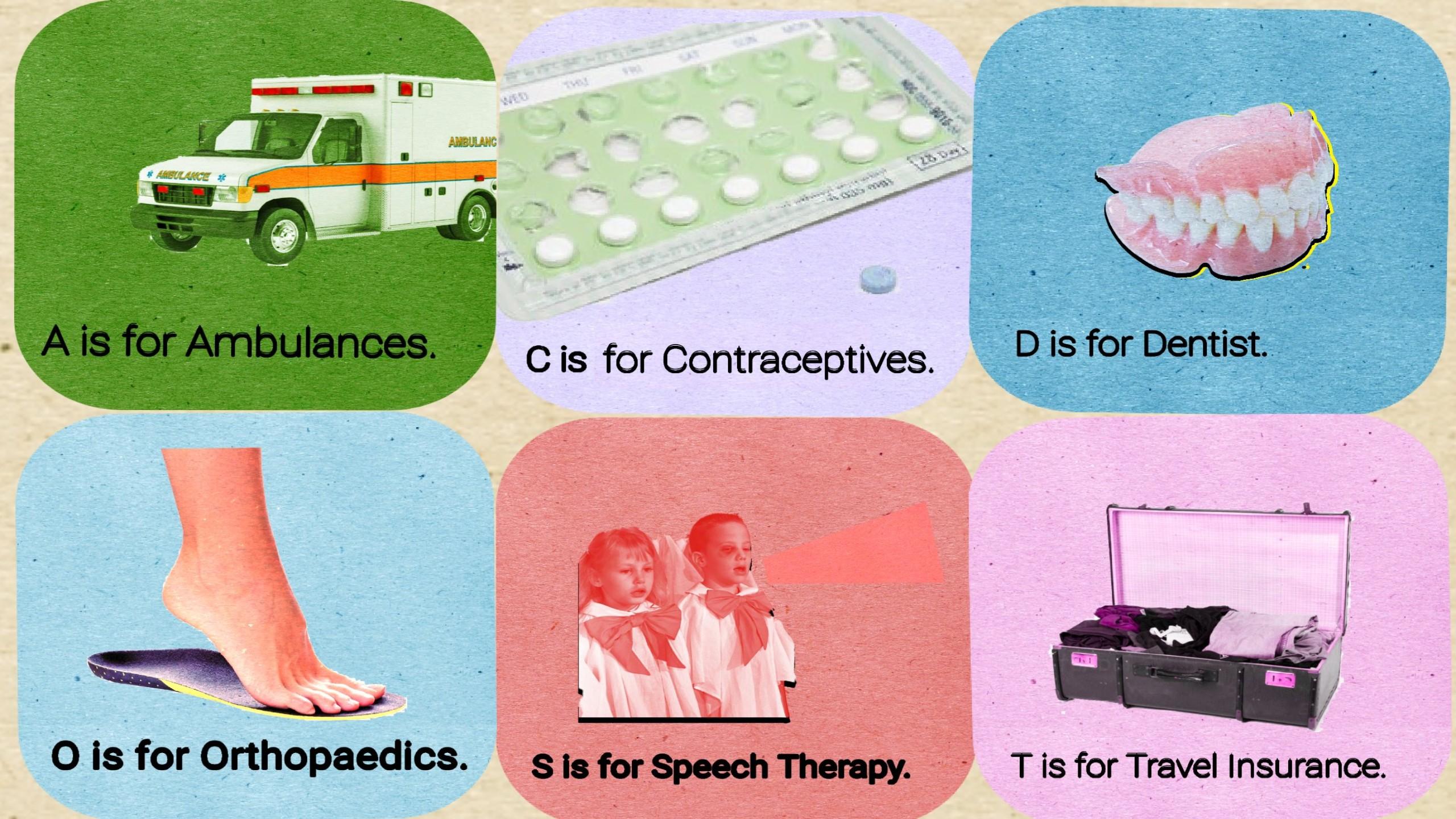By Olivia Wiens
The Ryerson Students’ Union (RSU) offers many reimbursement opportunities for healthcare issues with their health and dental plan; however, some students don’t even know the plan exists.
Although the cost for the RSU’s health and dental plan is included in student tuition fees, some students are unaware of the benefits the plan offers or aren’t aware they are paying for the plan at all.
All eligible full-time students were charged $340 for the 2020-2021 academic year. According to the RSU in an email to The Eyeopener, “This is negotiated annually based on how students use the plans.”
Part-time degree students are covered under a separate health and dental plan through the Continuing Educations Students’ Association of Ryerson.
It’s possible for students to opt-out of the RSU health and dental plan, but only if they provide proof of already existing insurance coverage from another provider. The deadline to opt-out for the winter 2021 semester passed in early February, but the fall 2021 deadline is not until Oct. 2.
“The health and dental insurance plan is one of the most comprehensive plans for university students in Canada,” said RSU president Ali Yousaf in a message on Facebook. “It is intended to help students maintain their overall health and well-being by providing access to services.”
For dental coverage, the RSU’s plan covers up to 80 per cent of basic services, such as fluoride treatments and regular check-ups, and covers up to 10 per cent for services like the restorations of diseased or broken teeth, according to the RSU’s dental plan overview.
As for the RSU’s health plan, 80 per cent of prescription drug cost is covered. Various services offered by health practitioners, such as a chiropractor, speech therapist or psychologist, are offered under the plan with varying coverage maximums.
Vision care was recently added to the health plan in September, which covers up to $75 every two years for eye exams and $150 every two years for glasses and contact lenses. Sunglasses are not included.
Another addition to the plan was full coverage for all prescription birth control.
Other benefits include coverage on orthopedic footwear as well as medical equipment and services such as wheelchairs, crutches, hospital beds, diabetic supplies and ambulances.
“I use everything, I am pretty self-conscious about my mental health, so I go see a psychiatrist,” said Zaid Ayaz Mullanee, a first-year politics and governance student. “I see a massage therapist, an acupuncturist. To me, it makes sense because I’m going to end up paying for it anyways.”
Yousaf advises students to go to mystudentplan.ca to discover more discounts and download their MyBenefits Card onto their phone. When students show their card to a pharmacy or dental office, they will only have to pay the amount that the RSU doesn’t cover, as opposed to paying out of pocket and waiting for a reimbursement.
The MyBenefits Card applies to most healthcare providers, but it’s best for students to go to the website to ensure their provider doesn’t have specific business billing practices. If a provider doesn’t accept the card, it’s still possible for students to get reimbursed afterward.
Although the RSU offers more than 20 benefits within the health and dental plan, students say they don’t utilize it to its full potential.
“I didn’t even know that I was enrolled [in the plan],” said Joy Barai, a first-year graphic communications management student.
Despite the fact that Yousaf said the RSU advertises the plan through social media, some students believe their efforts are not reaching a wide audience.
Barai said the RSU should be more proactive when it comes to informing students about how they can benefit from the health and dental plan. “I think they need to do better in terms of marketing. They need to let people know how to apply for it, how to get the [benefit] card from them.”
Tara Raessi, a third-year business and law student, said she uses the health and dental plan regularly but had to do a lot of independent research.
“I have used it ever since my first year for dental work, for my cleanings and checkups,” she said. She has also been using the health plan to see a psychologist since her second year.
Raessi also said that the RSU should look into sending emails to students regularly so they can stay informed about the plans. She added that in her three years at Ryerson, she doesn’t recall ever getting an email about them.
“I hope students start to realize how much is available to them,” said Mullanee. “If you’re paying for insurance, I definitely think you should use it.”
UPDATE: This article has been updated to clarify that part-time students are covered under a separate health and dental plan through the Continuing Education Students’ Association at Ryerson.










Leave a Reply